The views expressed in our content reflect individual perspectives and do not represent the authoritative views of the Baha'i Faith.
The contemporary artist Marika Yeo examines current political and social justice systems and asks how we can remove their divisive barriers.
Her art attempts to take down those barriers in order to contribute to transformation and community building.
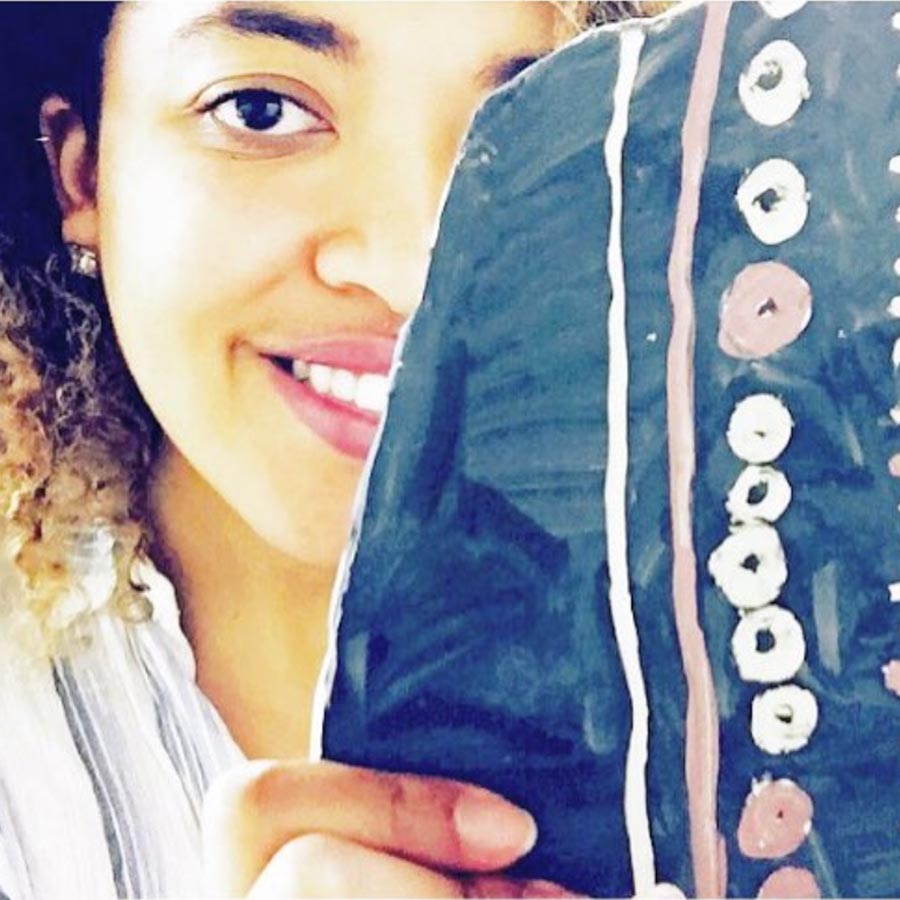
Marika Yeo
In the second part of this two-part series, we ask Marika about the current discourses prevalent in her field of creative critical thinking, art and social justice, and how her belief in the Baha’i Faith plays a role in her work and in her approach to social action and oneness. She explains how art can help us connect to each other and our creator, and how the spirit of generosity is important for collective growth and transformation.
Q: You’re currently completing your graduate studies in Vancouver, where you’re exploring how the arts can impact social justice and social action. What unique insights and perspectives have you gained in regards to this discourse? How has your perspective been informed by the Baha’i teachings and their approach to social action and oneness?
A: I think it has been a great help to understand, through the Baha’i writings, that justice cannot be achieved without unity. From this, I believe an understanding of our oneness is crucial. This understanding has led me to think about the basis of my framework for engaging in these discourses, and to continually question myself and my language to make sure it aligns with the Baha’i teachings to the best of my ability at the time. I’ve found it a bit hard to always catch the little phrases or modes of thinking that are used in the name of justice, but once these things are critically analyzed, I often can see that at the root of it, they promote the division of humanity.
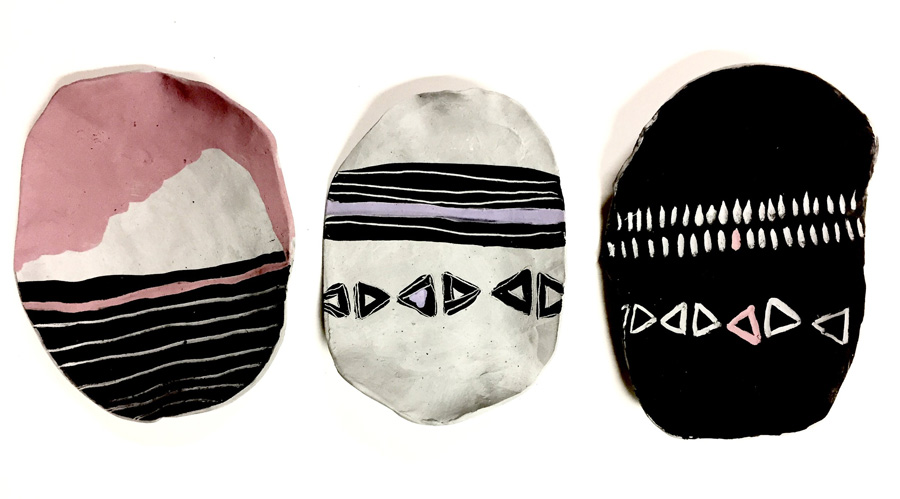
Continually questioning the basis of my framework for action within these discourses and my artistic practice has helped me to move away from certain contradictions that can easily occur—particularly when involved with the discourses around social justice. The Baha’i teachings ask me to use my artistic efforts to “establish the oneness of he world of humanity:”
How shall we utilize these gifts and expend these bounties? By directing our efforts toward the unification of the human race. We must use these powers in establishing the oneness of the world of humanity … – Abdu’l-Baha, The Promulgation of Universal Peace, p. 51.
Q: What have your experiences been like as an artist, exploring justice from a spiritual perspective?
A: Recently I have been interested in clay and its connection to the Earth. I have been thinking about how we are one with the world and the Earth we live on, and what that means in terms of an artistic practice. I wonder what it means to extract clay from the Earth and create a sculpture from it. The process of extraction and creation is something I have been giving some thought to in relation to justice and the spiritual concept of our oneness. I think art has a way of engaging with these questions, practices and processes by employing, in some ways, a different language through the use of art. Sometimes I think the human heart is open to the questions that arise through an engagement with the arts, an openness from which it might otherwise have been previously veiled. As a Baha’i, I believe that:
The welfare of any segment of humanity is inextricably bound up with the welfare of the whole. Humanity’s collective life suffers when any one group thinks of its own well-being in isolation from that of its neighbours or pursues economic gain without regard for how the natural environment, which provides sustenance for all, is affected. – The Universal House of Justice, to the Baha’is of the World, 1 March 2017.
Q: How can art engage society in a conversation about social justice?
A: I think art can be a way to move the heart and to engage in thinking about ideas without continually centering on the individual. From what I have seen, it seems that art can be a way of knowing that we are interlinked with these conversations around justice. The process of creation can allow for a connection to our Creator, while also opening up the space for us to connect with others in ways that are, at times, beyond words.
Q: What hopes do you have for the future (personal/society) and what advice would you give to young artists wanting to explore themes of justice and oneness through art?
A: I hope that our understanding about the possibilities latent within art continues to grow. I hope that we can see it as a way of knowing and understanding our world and that, as we continue to learn how to engage with the arts collectively, it can support the movement of our hearts to take action towards the transformation of society.
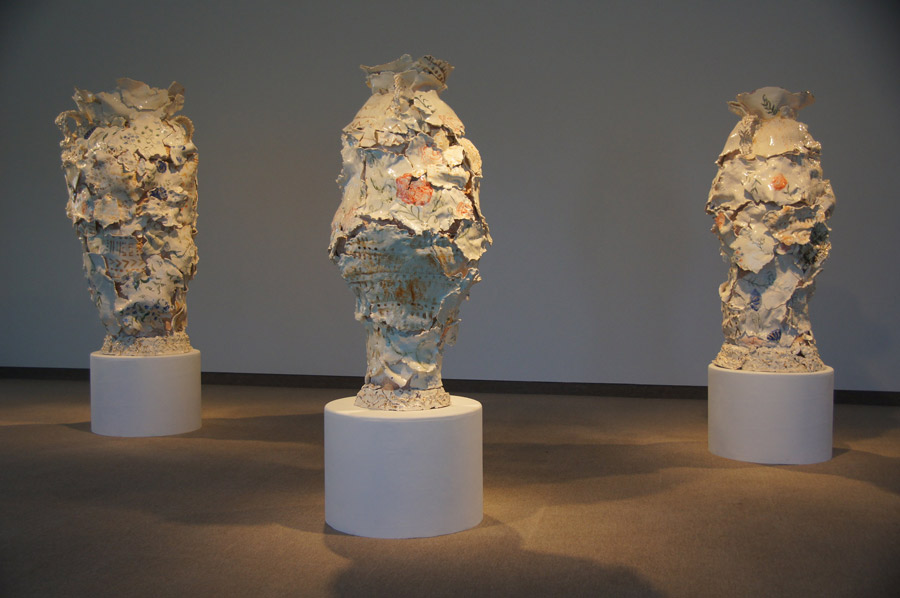
Q: Before we end this interview, can you share how the combination of art and social justice shapes your inner spiritual development?
A: I think both art and the discourses around social justice can be ways of learning about humanity and its growth. For me personally, I feel that being involved in both these areas has helped me learn about discernment and generosity. I feel that many times I have been pushed to really look at the root of an idea or to deeply question my own process of creation. I know I need to continue to learn more, but it feels like a blessing to start to learn about ways of thinking, speaking or making art that is coherent with Baha’u’llah’s revelation. It feels a bit like constantly refocusing a lens and learning each time I do it, so that my perception and participation in these areas can grow with time.
I also feel I’ve learned a lot about generosity in the sense of discourse. I’ve seen certain spaces where the spirit of generosity isn’t there as a collective, and I’ve noticed how strongly individualism can take hold in those times. I feel like it’s become a chance to learn about how to enter into a conversation about justice or a conversation about someone’s artwork while moving together as a whole. It’s been nice to learn about generosity in this way, as I’ve come to see how important it is to come with this spirit in order for the collective to move. I think, particularly with the arts, our hearts can be more sensitive when we are creating work, so noticing this with my own heart and others’ hearts has solidified for me how conscious I need to be of my own state of being when engaging with others in these realms.
To learn more about Marika, her art and her research, visit marikayeo.com, or follow her on instagram @marika.yeo.


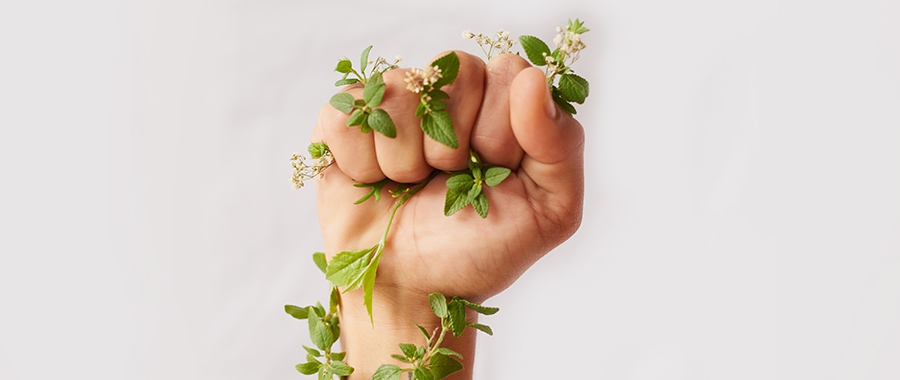
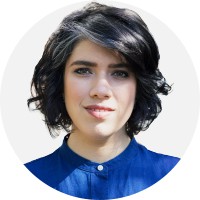

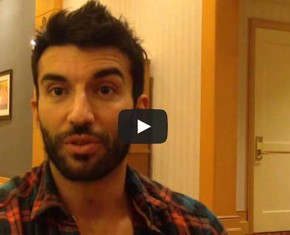
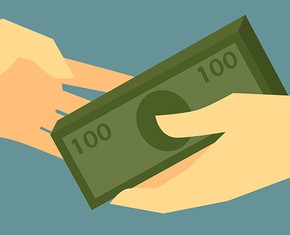









Comments
Sign in or create an account
Continue with Googleor